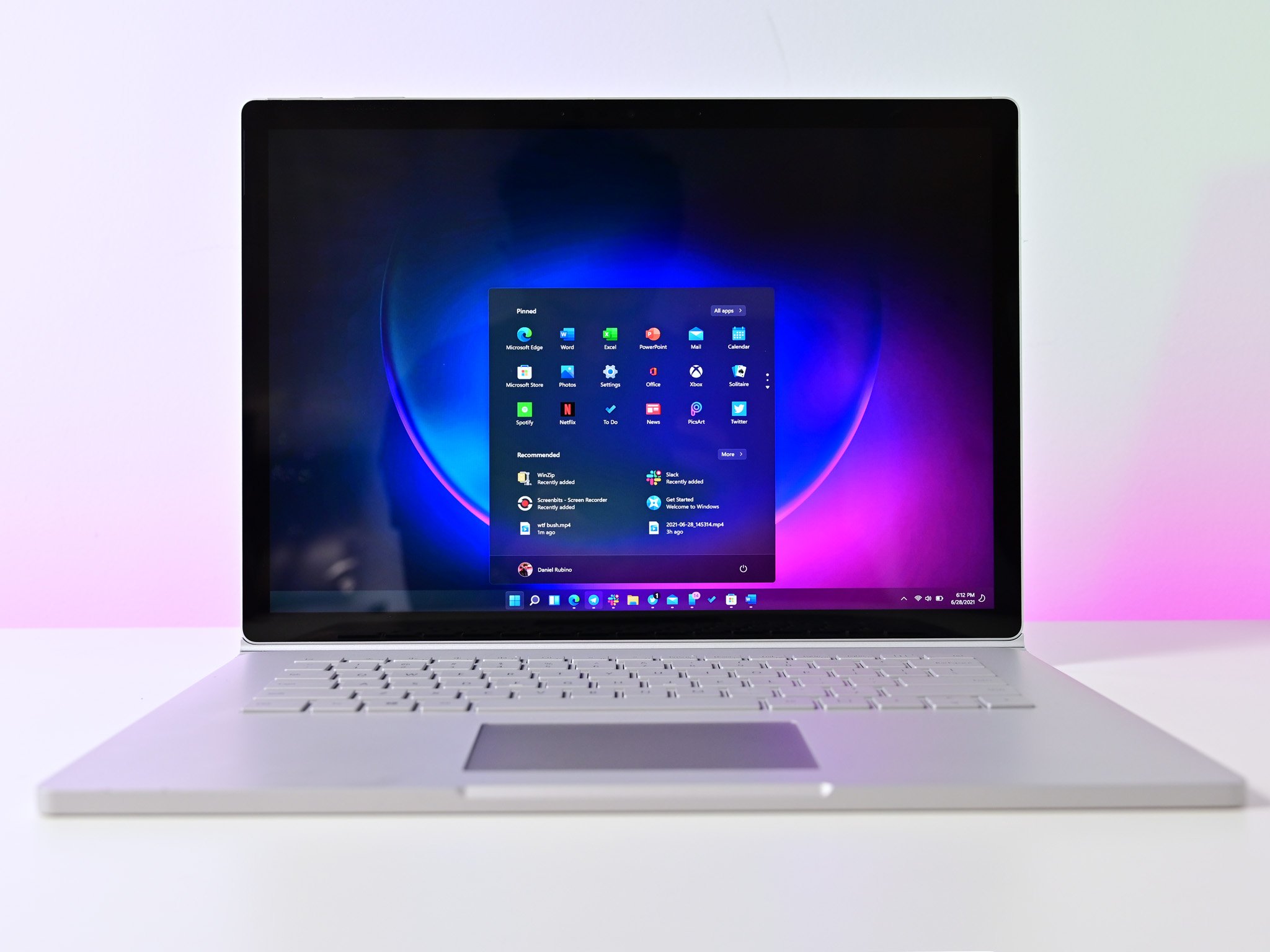Windows 11 relies too much on the web, according to Windows Central readers
Our readers want to see native apps take priority over web apps on Windows 11.

All the latest news, reviews, and guides for Windows and Xbox diehards.
You are now subscribed
Your newsletter sign-up was successful
What you need to know
- Windows 11 features several first-party web apps from Microsoft.
- Several elements of Windows 11 are also built around the web, such as the Widgets panel.
- Window Central readers overwhelmingly believe that Windows 11 relies too much on the web.
Windows 11 has a growing library of web apps, such as Clipchamp and the Teams chat experience. Additionally, several components of the OS require the web, such as the widgets panel. According to our readers, Microsoft should switch its priorities to native applications.
Over the weekend, we ran a poll about Microsoft's use of web apps on Windows 11. Just under 77% of polled participants think that Windows 11 relies too much on the web. Commenters pointed to high RAM usage, poor performance, and other issues when complaining about the heavy use of web apps on Microsoft's newest operating system.
"Web apps rely too much on web browser and the performance might not be adequate,"said Subsided animatronic in our comments section. "Basic os level applications should be native for ultra fast performance."
Others, such as Mapplesoft, believe that web apps have a place, but that native apps should be the priority. "Web apps are great as a backup option, but yes, native apps should be the priority. Native apps have better performance, security, customization options (generally), integration with hardware, accessibility options, and so on."
Some argued that web apps aren't flawed but that Microsoft has not utilized the technology correctly. "Web Apps aren't inherently bad, it is actually conceptually great since it allows developers to create apps that write once and run everywhere, and I think this is pretty much most of the app platform area headed to," said aXross.
"But the issue I find is how Microsoft approached and executed it, and not just as an app but an actual part of the shell which seems have bad execution of it."
Overall, readers heavily leaned toward native applications over web apps.
All the latest news, reviews, and guides for Windows and Xbox diehards.

Sean Endicott is a news writer and apps editor for Windows Central with 11+ years of experience. A Nottingham Trent journalism graduate, Sean has covered the industry’s arc from the Lumia era to the launch of Windows 11 and generative AI. Having started at Thrifter, he uses his expertise in price tracking to help readers find genuine hardware value.
Beyond tech news, Sean is a UK sports media pioneer. In 2017, he became one of the first to stream via smartphone and is an expert in AP Capture systems. A tech-forward coach, he was named 2024 BAFA Youth Coach of the Year. He is focused on using technology—from AI to Clipchamp—to gain a practical edge.
